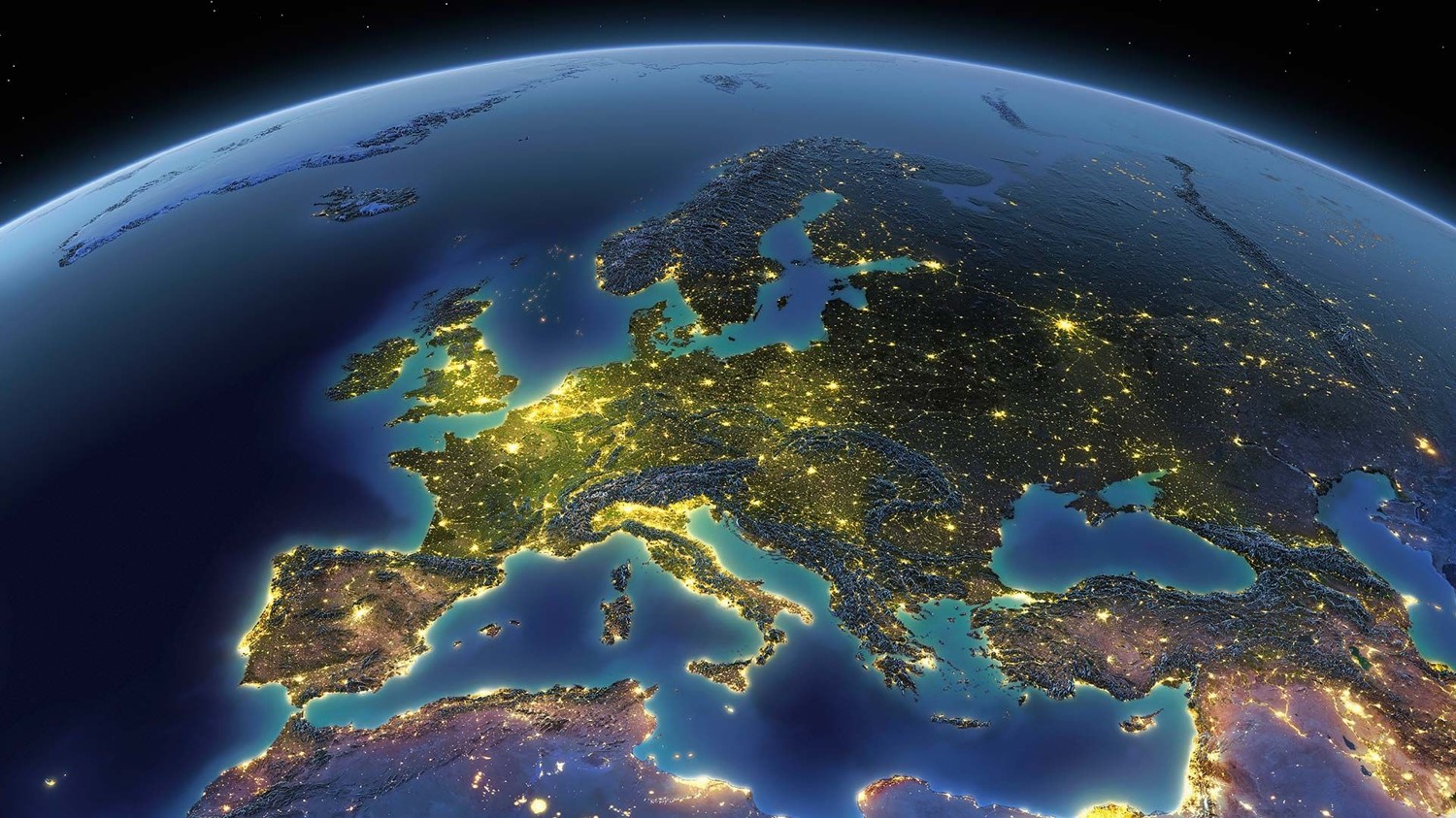
(focus on: water, energy, biodiversity and food security)
The Earth provides all of the resources that humans and other species require to live on the planet; it is the only source that we have at the present time. With world population at 7 Billion and continuing to grow, these resources are under significant pressure. This pressure is exacerbated by the rapid economic development of countries that did not formerly consume significant resources, which also happen to be some of the most populous (Brazil, Russia, India, China, South Africa). In and of itself, this development is of course a good thing, but it has the potential to result in continued pressure on resources for decades to come, even if the global population were to stabilise rapidly in the coming years. This continuous pressure affects water, energy, biodiversity and food resources as well as security. Water, food and energy are most often linked in the so-called nexus, but biodiversity is directly affected by the pressures on water, food and energy. If water, energy and food security are to be achieved and simultaneously their impact on biodiversity minimised, decision-makers, including those responsible for only a single sector, need to consider broader influences and cross-sectorial impacts. A nexus approach to sectorial management, through enhanced dialogue, collaboration and coordination, is needed to ensure that co-benefits and trade-offs are considered and that appropriate safeguards are put in place. A nexus perspective increases the understanding of the interdependencies across the water, energy and food sectors and influences policies in other areas of concern such as climate and biodiversity.
The overall goal of ERA-PLANET’s Strand-2 is to fully exploit data and information, tools and services that derive from the increasing multi-sensor, multi-temporal and multi-scale capacity and use of EO (in situ and space-borne), in conjunction with other cross cutting observational platforms, towards a nexus approach, to evaluate, predict and monitor the resources, and promote cross-sectorial approaches to reconcile resource efficiency and environmental management insuring the human development according to the sustainable development goals.

